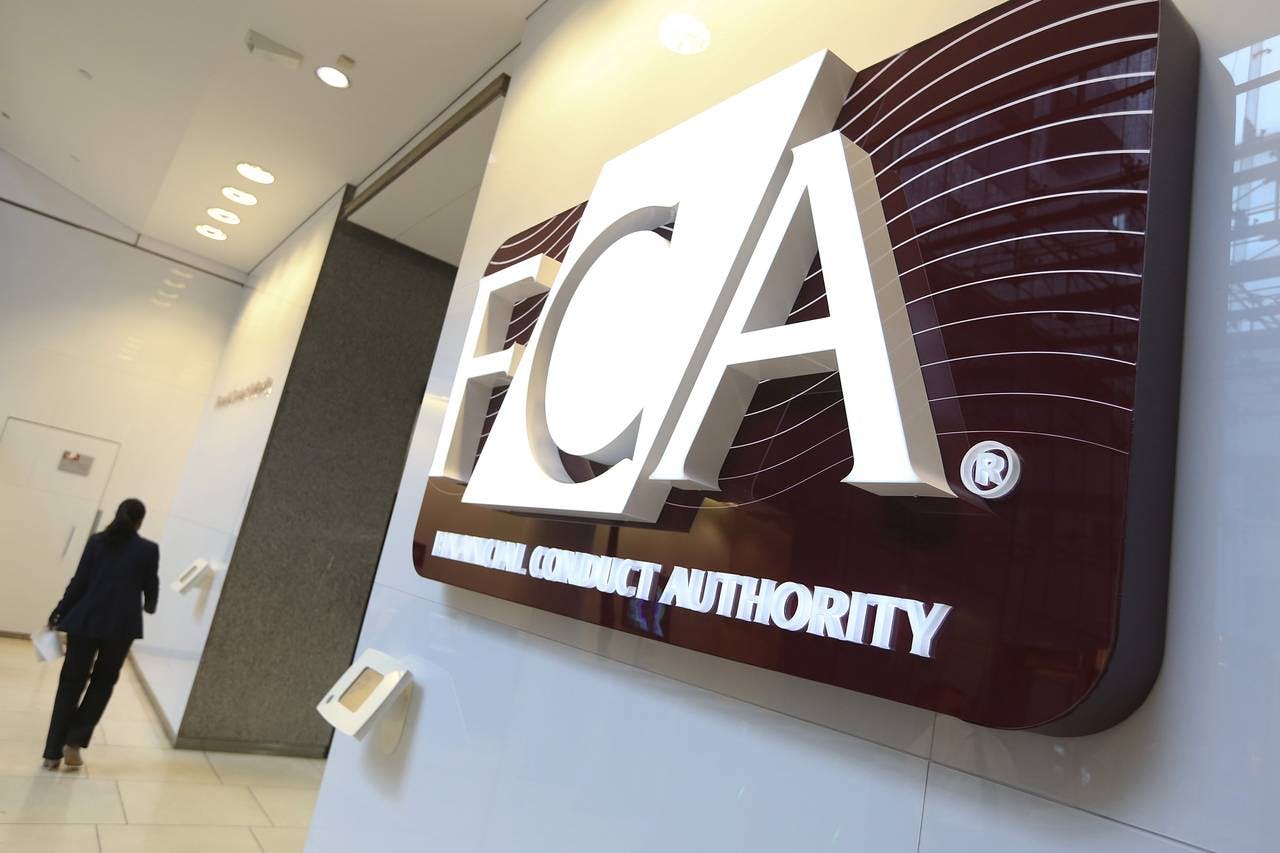FCA Alerts Banks Re Costs as it Investigates Mis-Sold Car Finance Claims

The Financial Conduct Authority (FCA), the UK’s regulatory watchdog, warned lending institutions about the potentially significant impact of its ongoing investigations into the purported malpractice in the motor finance industry. Experts say that car finance claims could fall within the £6 billion to £16 billion ballpark.
This warning came after authorities received consumer complaints related to the said sector, highlighting the role of banks in handling motor financial agreements and addressing these claims. The watchdog also noted the need to make room for financial burdens caused by the probe.
Car finance claims affect lenders, consumers
The regulator banned DCAs in 2021 due to consumer concerns about harm caused by firms’ breaches of fiduciary responsibilities. DCAs have been noted as the primary incentive for dealers who resort to effecting higher interest rates and fees on consumers’ motor loans.
The watchdog took this initiative to reduce the potential harm caused by disadvantageous commission structures, which it believes resulted in the surge of compensation claims from clients who felt unfairly charged higher costs.
A key takeaway is that the FCA’s actions are likely to generate more complaints from drivers who remain uncertain about their transactions with dealers. This uncertainty is worsened by earlier decisions by the Financial Ombudsman Service (FOS) that supported consumers, likely contributing to the rising number of complaints.
Car finance complainants are advised to submit their claims to the ombudsman within an extended timeframe beyond the usual 6 months.
In an affirming move, major players announced their plan to minimize the financial impact of these potential liabilities. Lloyds Banking Group and Close Brothers have set aside substantial amounts for compensation and claims costs, allotting £450 million and £400 million, respectively.
Barclays, however, appealed for a review of one of the two cases handled by the FOS, in which the agency ruled in favour of the consumer. Nevertheless, the FCA has noted that the firm has been cooperative in the probe, as opposed to some players who have yet to provide sufficient data.
This move is set to be a regulatory game-changer as it can affect future measures, especially as it may be a precedent for how similar cases would be addressed in the motor lending market.
Market players disagree with claims
Reports show that the FOS received 17,000 complaints in April, with that number continuing to rise as the year progresses. This is why it came as no surprise that dealers and lenders disputed these claims, asserting that their policies are in compliance with regulatory laws.
Investigations are still ongoing as the watchdog assesses how car loan commissions financially affect drivers, with a focus on the culpability of dealers and lenders involved.
The FCA has also plans to to keep track of lending institutions’ resources, particularly as it pertains to their capacity to support car finance claims. Companies that fail to save enough money for refunds and claims are expected to receive regulatory action from the watchdog.
Moreover, the watchdog also tapped into its legal power as a regulator under the Financial Services and Markets Act 2000, Section 166. Through this mandate, FCA is set to review historical DCAs done by multiple firms in the motor finance segment.
Capital reductions to negatively impact compensation funds – FCA
As lending institutions prepare for potential liabilities, the FCA also reminded firms to expect that capital reductions could affect their ability to funnel funds toward said charges. Furthermore, the regulator cautioned against prioritizing shareholder returns over the stability of capital reserves for compensation and claims payment.
Capital reductions could include dividend distributions, paybacks, and share cancellations.
The FCA has set a timeline to update the sector on the subsequent steps it plans to take. The update, which is expected to fall in May 2025, will cover the agency’s findings from data provided by financial institutions. It is also predicted to include the FCA’s recommendations following Barclay’s legal review.
Other than this, the regulatory body is exploring options for providing formal consultations, which will help affected consumers receive redress more easily. This change seeks to make the complaint handling process more uniform and effective, by improving communication lines for customers with similar concerns.
Banks and other lending institutions are advised to remain steadfast yet adaptable as the financial market and the regulations it navigates continue to evolve.
Appeals Court ruling supports FCA efforts
As of this writing, the Court of Appeal has released its ruling on the three landmark cases involving MotoNovo and Close Brothers. The court, which handled car finance claims against the aforementioned firms, ruled in favor of the complainants, creating another game-changing milestone for the market.
Car dealers are now obligated to disclose any commission structures with lenders and should obtain informed consent from their clients. This decision is also forecasted to have a long-term impact on regulatory measures moving forward, as well as the FCA’s continuing review of historic commission agreements, particularly as it pertains to transparency and accountability within the car finance market.
Consumers who suspect they have been mis-sold products by their dealers are advised to stay informed about their rights and consider getting professional consultations to evaluate their options.
